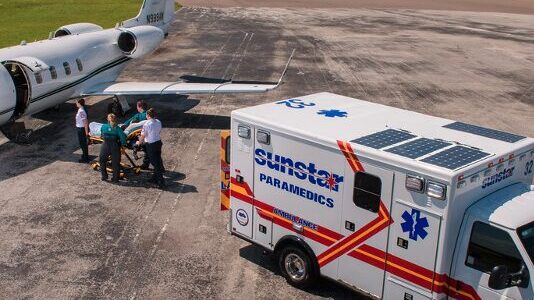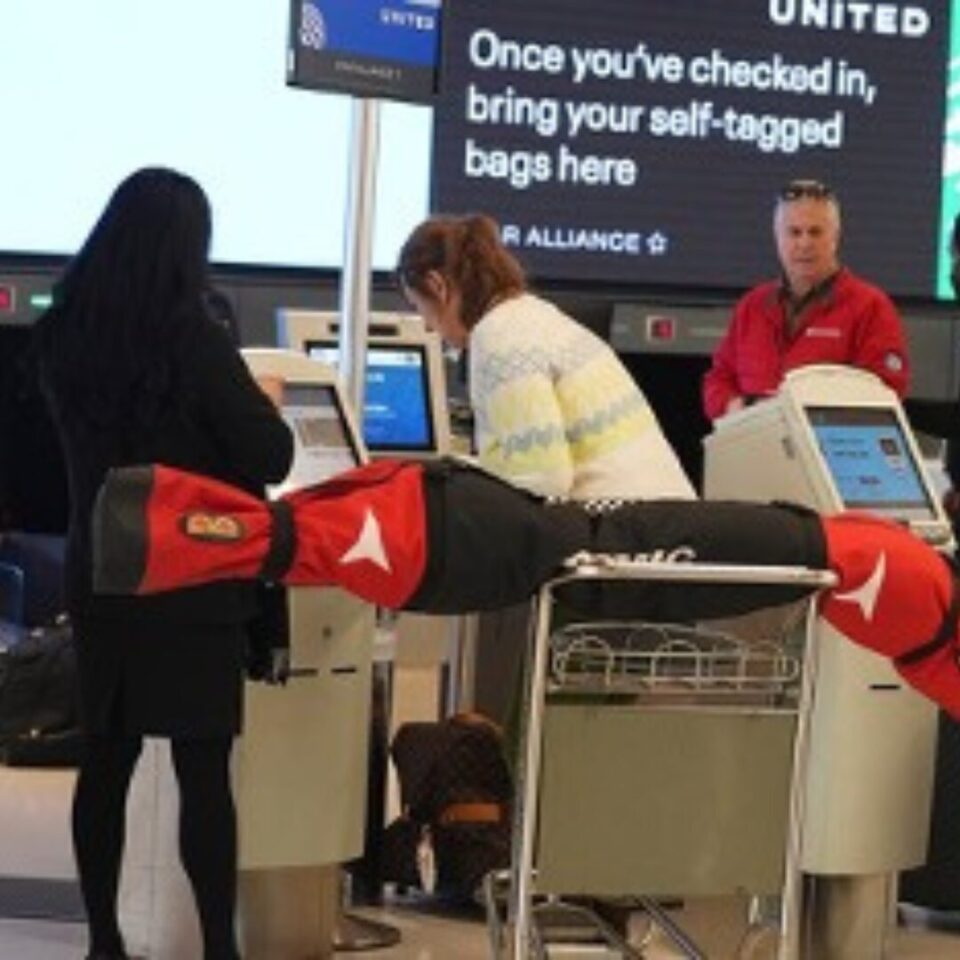Across Borders, Without Barriers: The Strength of Immediate Cross-Border Coordination
Discover how travel assistance services provide immediate cross-border support for travelers needing fast, reliable help.

Travelling abroad can be one of life’s most exciting experiences, but what happens when things go wrong?
When you face a medical emergency, lose your passport, or need sudden evacuation far from home, that’s where travel assistance services become a true lifeline. In an interconnected world, the ability to coordinate immediate cross-border support without barriers is what separates mere insurance coverage from real-time rescue and reassurance.
What Are Travel Assistance Services?
When you dial a global hotline abroad to ask for help, that’s travel assistance in action. These services provide real-time support rather than post-incident reimbursement. Unlike travel insurance, which pays you after a loss, assistance services act immediately—arranging medical care, coordinating evacuation, replacing lost documents, or rebooking flights.
They include 24/7 global emergency hotlines, medical evacuation, translation services, and even emergency cash advances. While insurance protects financially, assistance protects operationally—helping you navigate what to do next.
For travelers, especially those crossing borders, having an active partner who coordinates across countries and languages is essential. When emergencies strike abroad, that coordination can make all the difference.
Why Cross-Border Coordination Is Vital
Every minute matters in an international emergency. Delays in medical help, legal processes, or transport approvals can worsen outcomes. Cross-border coordination bridges those gaps, ensuring hospitals, air ambulances, and insurers communicate instantly.
Consider a traveler who suffers a stroke in one country but requires specialist care in another. With a coordinated response team, hospital transfer, visa handling, and medical escorts can all be arranged within hours. Without such coordination, delays could cost both time and health.
This system also applies to evacuations during disasters, lost-passport cases, or sudden border closures. The ability to act seamlessly across jurisdictions transforms panic into control.
The Core Pillars of Travel Assistance
Medical & Health Support
Emergency medical evacuation, hospital referrals, repatriation, and telemedicine consultations are core features. Without coordination, an international air ambulance could cost hundreds of thousands of dollars. Having a networked provider dramatically reduces that burden.
Telemedicine now plays a major role, offering remote consultations and on-the-spot advice even in isolated regions—bridging gaps where local medical infrastructure may be limited.
Security & Crisis Response
When political unrest, natural disasters, or safety incidents occur, travel assistance providers coordinate extractions, safe transport, and embassy contact. For travelers in volatile regions, this 24/7 readiness ensures rapid relocation and peace of mind.
Logistical & Personal Assistance
Lost passports, cancelled flights, or stolen wallets are common but stressful. Assistance teams handle document replacement, language translation, rebooking, and emergency funding. These small interventions prevent logistical chaos and restore your journey smoothly.
How Travel Assistance Works Behind the Scenes
Command Centres & Networks
Top providers operate command centres staffed by multilingual specialists, doctors, and coordinators. They maintain relationships with hospitals, embassies, and air-ambulance partners worldwide.
Cross-Border Coordination
These networks manage everything from hospital admissions to customs clearance, visa permissions, and ground transport. For example, a patient transfer might involve ambulances, flight coordination, and multilingual medical staff—all synchronized in real time.
Technology’s Role
Apps, GPS tracking, and real-time alerts now support travelers directly. With telemedicine, digital document uploads, and push notifications, assistance can anticipate risks and respond proactively, not just reactively.
Choosing the Right Travel Assistance Service
Selecting a provider means checking more than coverage—it’s about reliability and speed. Look for:
- 24/7 multilingual global coverage
- Proven cross-border coordination capabilities
- A vetted network of hospitals and partners
- Transparent inclusions and exclusions
- Real response-time commitments
Ask providers practical questions: “How do you handle an evacuation from a remote region?” or “What happens if local hospitals refuse admission?” The answers reveal how prepared they truly are.
Pre-Travel Preparation Tips
Maximize your protection with these steps:
- Register your trip and download your provider’s app.
- Save hotline numbers and carry digital copies of IDs.
- Review your coverage limits and regional exclusions.
- Check local risks before departure.
- Inform loved ones of your provider’s contact details.
Preparation ensures help arrives faster when needed.
The Value Proposition: What You Gain
Travel assistance offers peace of mind and continuity when abroad. It minimizes financial loss, speeds up emergency responses, and provides immediate solutions when systems fail. For businesses, it fulfills duty of care obligations toward employees.
Ultimately, you’re not buying insurance—you’re buying a dedicated, global operations team that works for you when it matters most.
Common Misconceptions & Pitfalls
- “It’s the same as insurance.” Assistance acts immediately; insurance reimburses later.
- “I don’t need it.” Even seasoned travelers face unpredictable crises.
- “All providers are equal.” Networks, response times, and inclusions differ widely.
- “My home insurance covers me.” Most domestic policies exclude foreign emergencies.
Understanding these distinctions ensures you’re never caught off guard.
Conclusion
When you’re far from home, one call can change everything. Travel assistance services deliver more than convenience—they offer lifelines through global coordination, speed, and compassion. From medical crises to lost documents, these teams make borders disappear when urgency strikes.
As you plan your next journey, choose a service that promises action, not paperwork. Because in travel, safety isn’t just about where you go—it’s about who’s ready to help when you can’t help yourself.
FAQs
What do travel assistance services cover?
They include emergency medical evacuation, hospital coordination, lost-passport help, translation, and logistical support.
How are they different from insurance?
Insurance reimburses costs; assistance delivers immediate on-the-ground help.
Can they coordinate across countries?
Yes, leading providers manage cross-border medical transfers, embassy coordination, and transport logistics.




